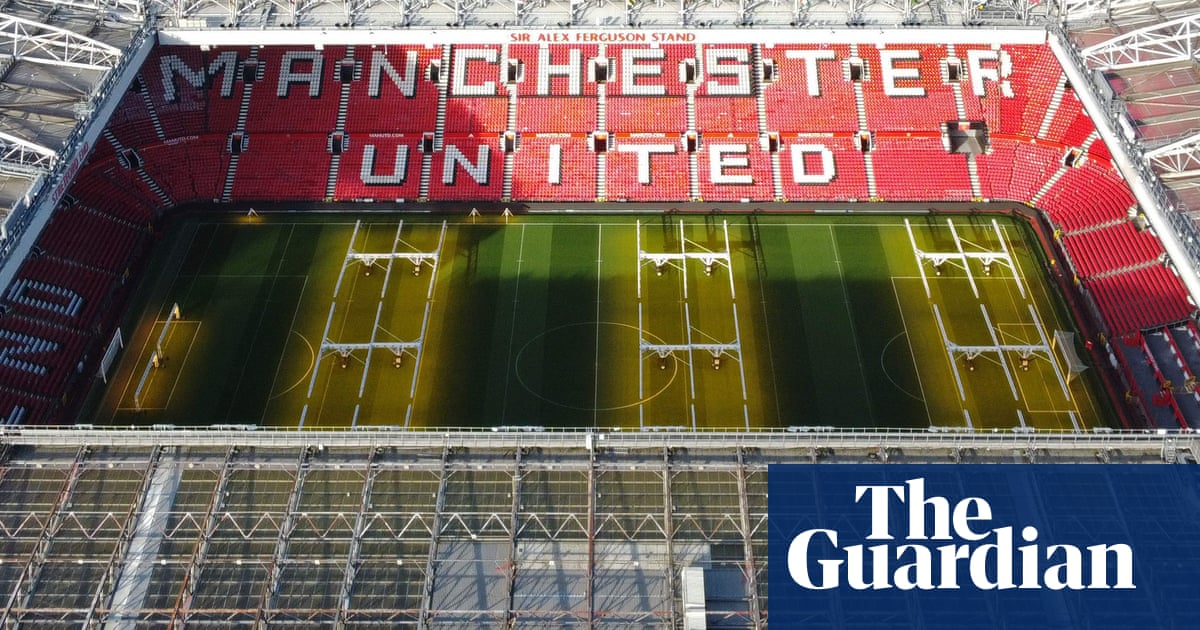
UK Prime Minister Boris Johnson last week announced £5 billion ($6.2 billion) in pledges for infrastructure building. His much-hyped “Build, Build, Build” speech came amid great fanfare, though the spending on hospitals, schools and roads he announced seemed incredibly insufficient given the current economic circumstances. It seems that Johnson’s decision to draw a parallel with US President Franklin D. Roosevelt’s “New Deal” economic plan has, in fact, highlighted its shortcomings.
The prime minister’s announcement was intended to “tackle this country’s great unresolved challenges.” With the coronavirus disease pandemic causing the UK’s sharpest economic fall in 41 years, nothing but an extremely innovative and wide-ranging stimulus plan can avert disaster. According to the OECD, the UK economy will contract by up to 15 percent this year, making it the worst-hit of all the G20 countries.
Thus far, the government’s response has been to provide generous loans to businesses in distress and to guarantee the payment of salaries to many at risk of unemployment. It seemed, at the height of the crisis, that decades of neoliberal economic practice were to give way to almost-socialist dirigisme, as the government resurged in the guise of an overmighty state. The spending promised by Johnson worried many with regard to the sustainability of quantitative easing measures without a rise in inflation. Sir Paul Tucker, the former Bank of England deputy governor, was among those to warn about the dangers of the financing used to fund the £300 billion so far pledged to sustain the economy during the crisis. The printing of money to pay for government spending never ends well and, as the traditionally wary Conservatives seek to borrow their way out of this crisis, it is no surprise that many are skeptical.
There is, of course, the argument that the pandemic was simply the coup de grace that brought down an economic system that was already rotten. The supposed restarting of the economy that has been put forward by the government masks the fact that business investment, income levels and productivity growth have been faltering for decades. The improved unemployment levels before the crisis simply camouflaged the expansion of zero-hours contracts, low productivity and low-paying jobs. The real impact of the economic shutdown must not be the cost of sustaining these jobs, but rather an opportunity to reconfigure the economy and to provide more meaningful employment.
The debt taken on by companies and indeed the government to sustain the falsities of the economy of yesteryear risks providing only a sticking plaster solution to what is a dangerous trend in the accumulation of dependency practices. The reality is that Roosevelt’s New Deal did not end the Great Depression; it wasn’t until after six long years and the outbreak of the Second World War that mobilization led to the subsequent forced reorganization of the American economy.
Though Johnson’s £5 billion deal was announced with a conscious reference to Roosevelt, the UK government’s New Deal plans fall well short of their namesake. According to one report, the deal announced by the PM is 200 times smallerthan the one announced in 1930s America. The spending announced by Johnson amounts to just 0.2 percent of the UK’s gross domestic product (GDP). By comparison, Roosevelt’s economic stimulus was estimated to have represented 40 percent of the US’ pre-depression GDP. More interestingly, the deal outlined by the US president during his acceptance speech in 1932 included support for the reform of the banking industry, regulation of the stock market, boosting wages, controlling prices and, most important of all, the launch of social security. Johnson’s deal, on the other hand, is inadequate.
Though the government has done all that is possible in the short term, the economic challenges the country faces predate the virus and will require more than infrastructure spending. None of the “new” money that was announced has come as a surprise. In fact, it is part of the infrastructure spending that was already included in March’s budget statement. The real economic imperative should not be infrastructure, but rather in ensuring there are enough good jobs available for the many that have been and will be made redundant amid the tidal wave of business closures.
After a decade of Conservative government, this supposed “Johnsonomics” was intended to make the prime minister’s mark through the stewardship of a recovery. However, to really overcome the challenges and restart an economy that was already slowing, the government will need to focus on long-running systemic problems. The government’s commitment to science and technology is a step in the right direction. A complete reorganization of the economy is the only way that this crisis can be mitigated, and indeed future crises can be averted.
As the traditionally wary Conservatives seek to borrow their way out of this crisis, it is no surprise that many are skeptical.
Zaid M. Belbagi
It may have been premature for Johnson to draw a parallel between his plan and the 1932 “new deal for the American people,” but he was right to highlight the scale of the challenges going forward. Germany’s recently announced €130 billion ($146 billion) stimulus package will do well to ensure that the country’s economy does not stagnate. The German deal ensures that families receive payments for children, child care is expanded and the government invests more in quantum computing and digitalization — exactly the kind of rescue package that is needed. The British prime minister and his chancellor would do well to take note, as opposed to seeking short-term solutions that focus almost entirely on generating more debt.
Zaid M. Belbagi is a political commentator, and an adviser to private clients between London and the Gulf Cooperation Council. Twitter: @Moulay_Zaid
Disclaimer: Views expressed by writers in this section are their own and do not necessarily reflect Arab News" point-of-view












